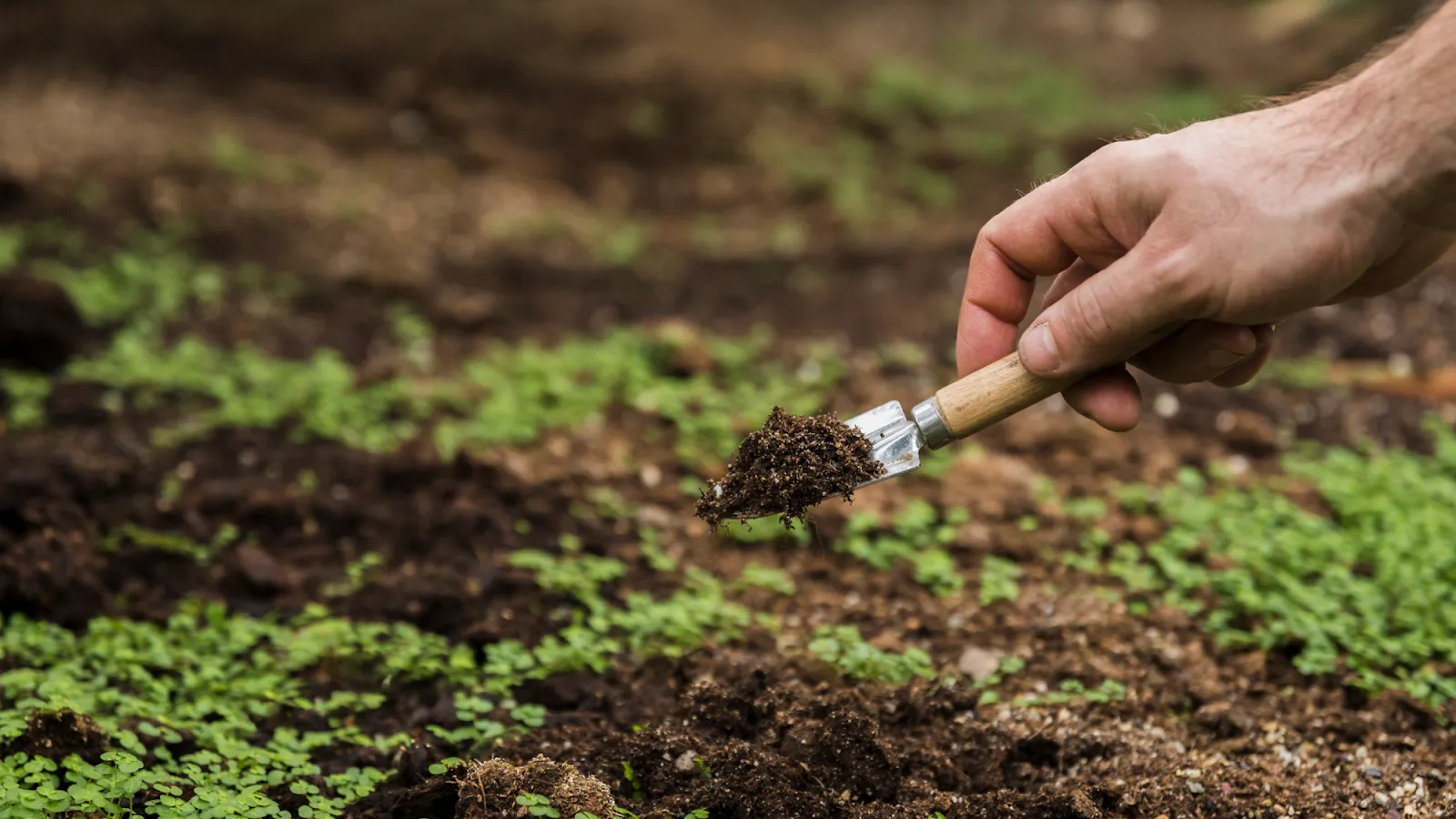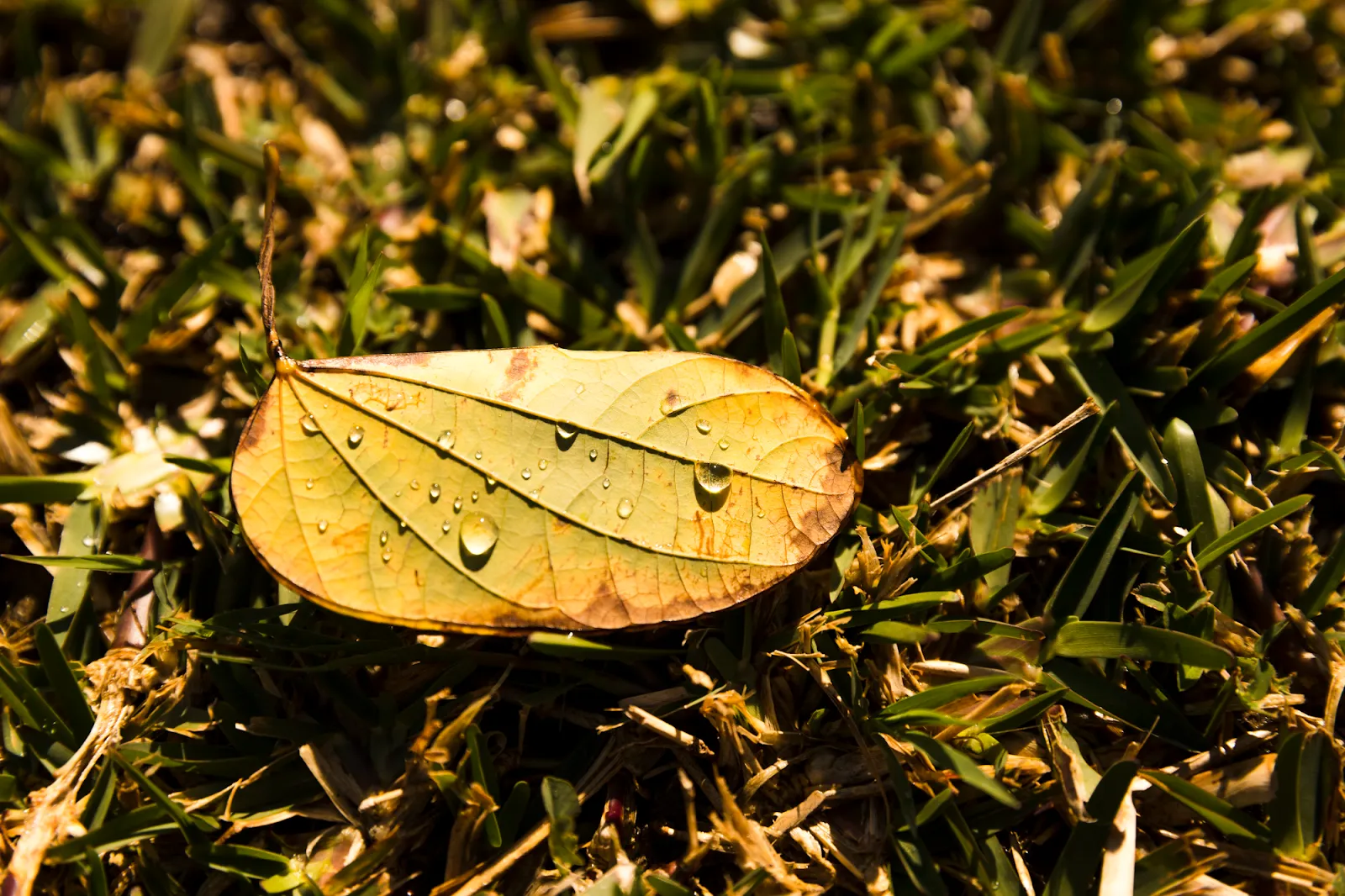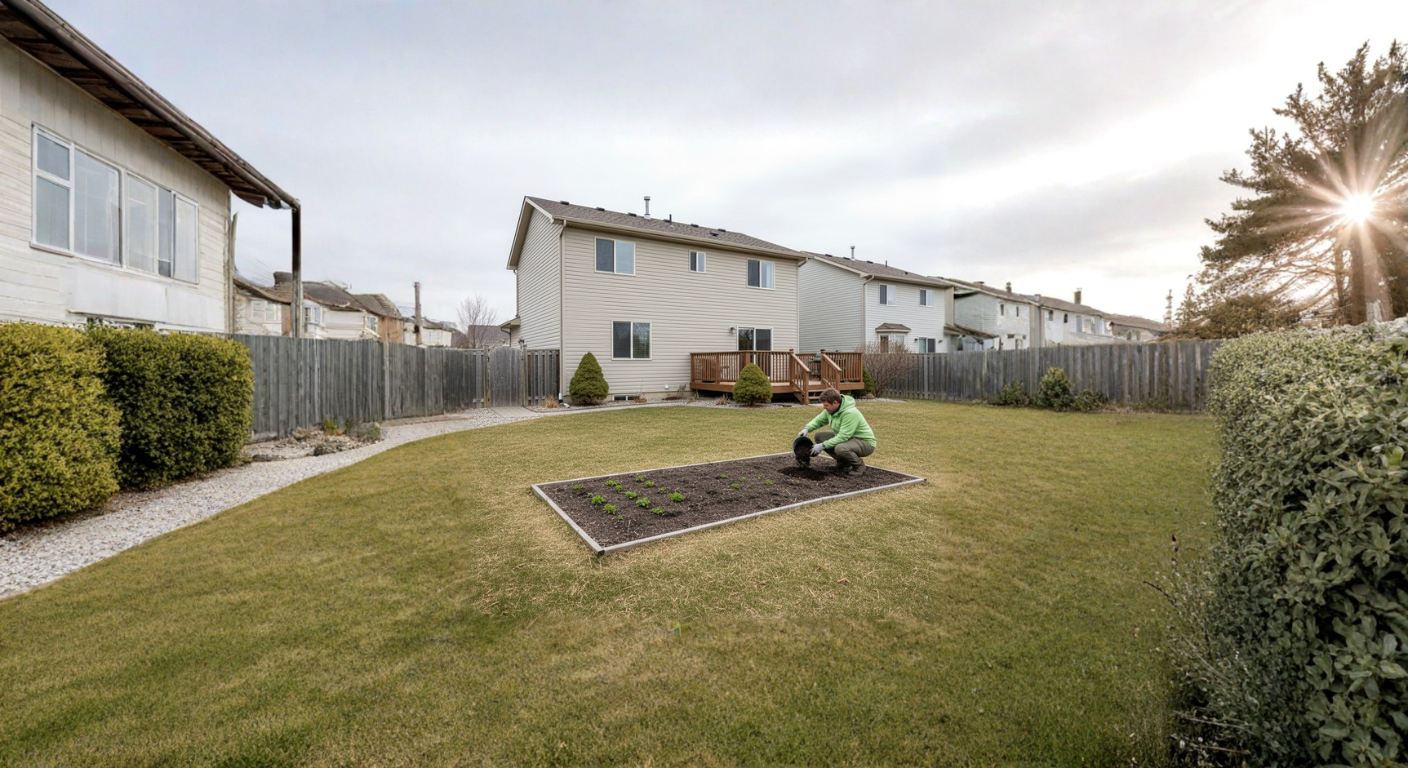The timing of fertilizer application about rainfall is one of those gardening questions that keeps everyone scratching their heads, especially here in Ontario, where the weather can be so unpredictable. The thing is, getting the right timing for fertilizing can make the difference between a lush, thriving lawn and garden and one that struggles to reach its potential.
With Ontario’s unique weather patterns, understanding when to fertilize your garden becomes even more important. Keep in mind that the relationship between fertilizer and rainfall affects every Ontario gardener, which is why we’ll help you make the best decisions for your green spaces.
How Does Fertilizer Work With Ontario’s Rainfall Patterns?

Ontario’s rainfall patterns can be quite unpredictable, especially during the growing season from May to September. You might experience weeks of dry weather followed by sudden downpours.
These intense rainfall events can wash away freshly applied fertilizer before it has a chance to properly penetrate the soil. On the other hand, those gentle, steady rains that last for hours work perfectly for fertilizer activation.
Different types of fertilizer respond differently to moisture. Granular fertilizers need consistent moisture over several days to fully activate. Liquid fertilizers are immediately available to plants, but can be more easily washed away by heavy rains.
The Benefits And Risks Of Fertilizing Before Rain
Fertilizing before a predicted rainfall can be incredibly beneficial when done correctly. When you apply fertilizer before light to moderate rain, you’re letting nature do the watering for you, which saves time and ensures even moisture distribution throughout your entire lawn or garden.
The right timing for pre-rain fertilization is when you expect light, steady rainfall of approximately 6 to 12 millimeters over many hours. This type of rain generates the perfect amount of moisture to activate granular fertilizers without washing them away.
But fertilizing before heavy rains can be risky business, and the thing is, any fertilizer you’ve applied before a storm could end up in storm drains instead of feeding your plants.
On the other hand, heavy rains can also cause fertilizer burn if nutrients become too concentrated in puddles or low-lying areas of your yard.
Post-Rain Fertilization Strategies For Ontario Gardens

When you wait until after a rainfall, you have the advantage of applying fertilizer to already-moist soil, which means nutrients can start working immediately without requiring additional watering. This approach works because the soil’s existing moisture content helps fertilizer dissolve and move to the root zone more efficiently.
Post-rain application works particularly well when you’ve received a moderate amount of rainfall. In Ontario, this often happens after those classic spring and fall rains that provide steady moisture without the intensity of summer storms.
The ideal scenario is when the soil is moist but not muddy, and you can walk on your lawn without leaving deep footprints. This usually occurs 12 to 24 hours after a good rainfall, depending on your soil type and drainage conditions.
Making The Right Choice For Your Ontario Lawn And Garden
The decision of whether to fertilize before or after rain depends on several factors specific to your Ontario location and gardening situation. Gardeners near the Great Lakes often experience different rainfall patterns than those in more inland areas.
We encourage you to consider your soil type as well, since sandy soils drain quickly and may benefit from pre-rain fertilization to ensure adequate moisture penetration, while clay soils retain moisture longer and might be better suited for post-rain applications.
Your experience level and comfort with weather prediction should also influence your decision. If you’re new to gardening or find it challenging to interpret weather forecasts, post-rain fertilization might be the safer option, since you’re working with known conditions rather than predictions.
Successful gardening in Ontario requires adapting to the unique climate. Pay attention to how your plants respond to different fertilization timings. Keep notes about what works best in your specific location, and gradually develop the confidence to make timing decisions that will keep your lawn and garden thriving throughout the growing season.




